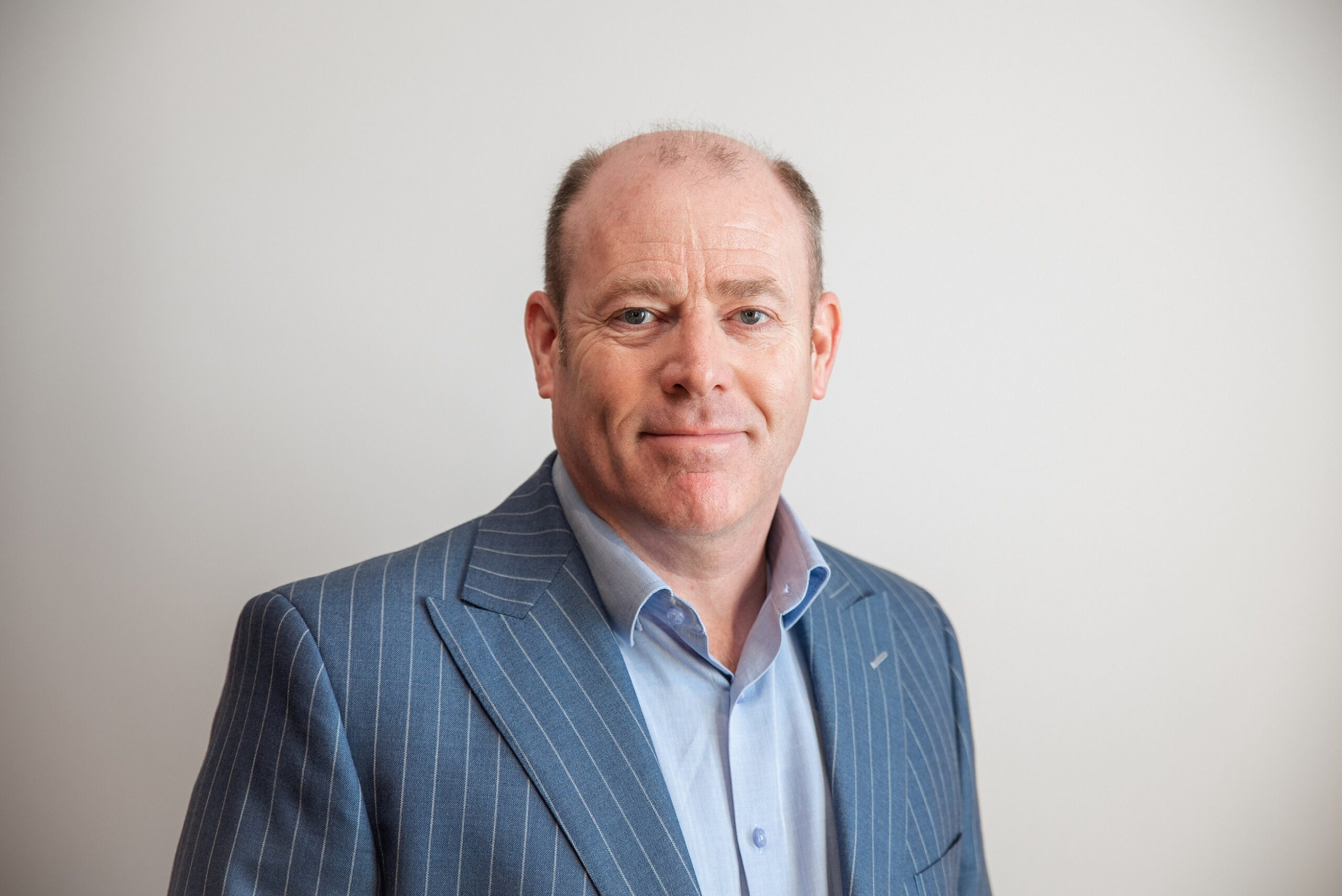By Ritchie Clapson CEng MIStructE, propertyCEO
While it is possible for a small-scale developer to finance an entire property project using other people’s money exclusively, it’s certainly not the easiest route. Most commercial lenders will want you to have some skin in the game. But how much skin?
A commercial lender will typically lend 100% of the development costs and up to 70% of the asset purchase price, which leaves you to find the remaining 30%. But you can reduce your “skin” further by involving private investors: individuals who have savings or capital to invest and who are looking for a reasonable return. Most private investors can expect to receive an 8% to 10% annual return in property development. The same money will earn them less than 1% in the bank.
Don’t forget that money lending is a heavily regulated business. Be sure to check out the FCA’s rules.
Here are five tips to make finding the money for your next property development project a lot easier.
- Use a commercial broker
Commercial lenders are specialists, so your typical high street bank won’t usually be on your shopping list for development funding. Some lenders have a direct-to-developer model, but many rely on a network of commercial finance brokers to bring them business. And here lies yet more good news – these commercial brokers are on your side. Their job is to find a lender who can fund your project. Transparency is critical, and your broker will need to know all about the deal and your professional team, as well as you and your development business. If you have a few financial skeletons in your cupboard, tell your broker. It invariably comes out in the wash anyway, and you risk alienating everyone involved if you ‘forget’ to mention your unmentionables.
- Build a brand
You need to have a brand behind you. A name, a logo, a website, and a business card. People need to feel that they’re doing business with a brand and not just an individual, no matter how firm your handshake or how convincing your smile. So make sure you set these things up right at the start so that they can silently go to work for you in the background. The number of private investors who didn’t try to check out the developer’s website before they agreed to lend them money is probably as near to zero as makes no difference.
- Learn how to analyse your deals robustly
When you put your deal forward for consideration by a commercial lender, it’s fair to say they’ll kick it pretty hard to see what falls off. Do your costs look reasonable? Does the professional team have enough experience? Are your anticipated profit numbers prudent or pure pie in the sky? And what happens if the market changes or the contractor goes bust; do you have a second exit strategy? This is, of course, excellent news; it means that if they agree to lend you the money, then you can be reasonably sure it’s a solid deal.
- Cast your net far and wide
Commercial lenders are traditionally Route One when it comes to finding finance, but they’re not the only game in town. One of the more recent kids-on-the-block is peer-to-peer lending, aka ‘crowdfunding.’ The premise is simple. The peer-to-peer lender secures funds from lots of different private investors on the one hand, and then they arrange for the money to be lent to developers on the other, taking a fee in the process. Like the commercial lenders, they’re adept at critiquing deals, which means their lenders can have confidence that only good developers with decent deals will be put forward. But they can also offer advantages to developers over and above the traditional lending route, so it’s well worth doing your research. You’ll also find many investment clubs and groups out there as well as a range of high-net-worth ‘angel investors.’
- The deal is king
There is a lot more money out there that needs investing than there are property deals that return 8-10%. So don’t forget that it’s the developer that has the whip hand when it comes to finding investors, and not the other way around.
ABOUT THE AUTHOR
Ritchie Clapson CEng MIStructE is a veteran property developer of almost 40 years and co-founder of propertyCEO, a nationwide property development and training company that helps people create a successful property development business in their spare time. It makes use of students’ existing life skills while teaching them the property, business, and mindset knowledge they need to undertake small scale developments successfully, with the emphasis on utilising existing permitted development rights to minimize risk and maximize returns.
